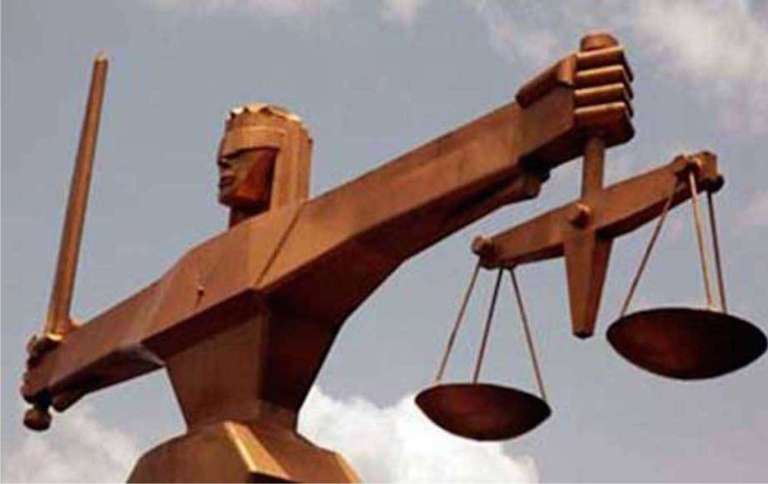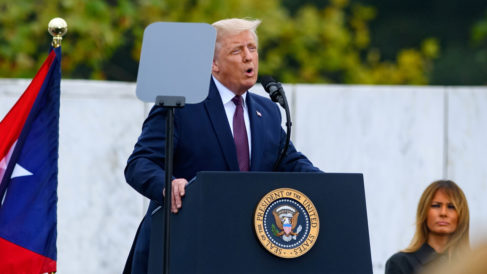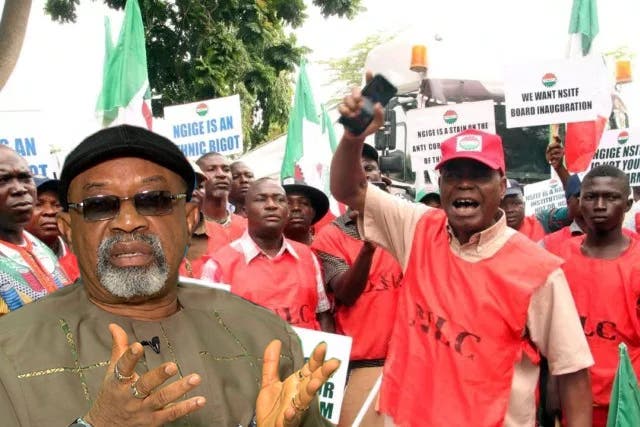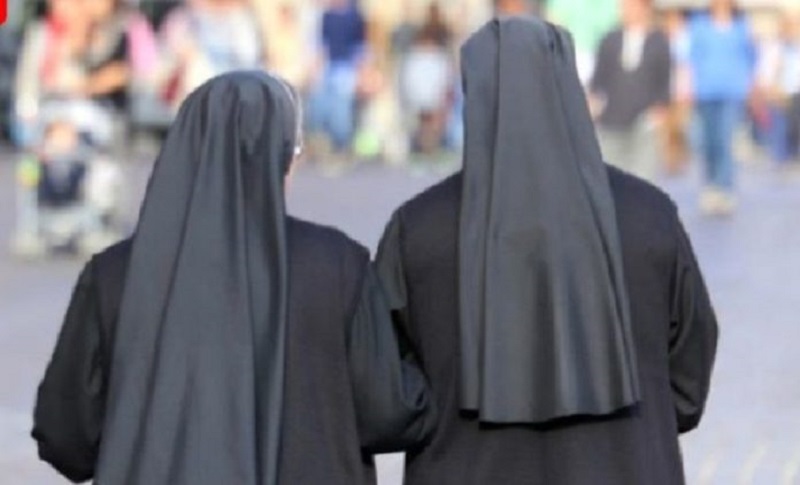Court To Buhari: You Can’t Abdicate Your Duties To Senate
…faults President on appointment of 11 FCT Judges The Federal High Court sitting in Abuja yesterday faulted President Muhammadu Buhari on the appointment of 11 Judges of the Federal Capital Territory High Court. The court in clear terms told President Buhari that his responsibility in the appointment of 11 judges recommended by the National Judicial […]
















